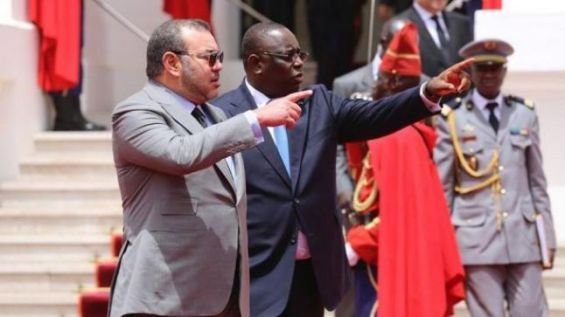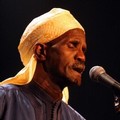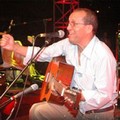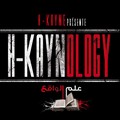February was a month of successive victories for Morocco in the diplomatic scene. After the European Parliament voted in favor of the EU-Morocco Association and Fisheries agreements, the Court of Justice of the European Union refused an appeal lodged by the Polisario Front.
However, this time the good news is coming from West Africa, where two influential figures won two presidential races in the region.
On Thursday, Senegalese President Macky Sall won a second term, after leading the country for seven years. Sall, who run for a five-year second term, took 58% of the vote in the poll held on Sunday, February the 17th.
On Wednesday, the Nigerian President Muhammadu Buhari succeeded in securing a second term. The Muslim politician was declared winner, with around 4 million votes. Buhari took 56% of the vote in the poll compared to his rival Atiku Abubakar who secured 41% of the vote.
The Western Sahar conflict and ECOWAS
This year, the Nigerian general election has broken up with a long-established tradition in the country. Indeed, the two presidential candidates are both Muslim and from the north of the country.
Although not formally established, the political scene in Nigeria is governed by an agreement that «the presidency should alternate between the Muslim north and the Christian South».
After sending him a congratulation letter, King Mohammed VI held a telephone conversation, Thursday, with Muhammadu Buhari, following his re-election as Nigeria’s president.
The conversation was an opportunity to recall the willingness to strengthen the bilateral partnership on strategic projects conducted under the impetus of the two leaders, said MAP news agency on the same day.
These new elections are reassuring to Moroccan diplomats and decision-makers. Senegal, known for being one of the closest African countries to the Kingdom, has never recognized the Polisario Front.
More than that, The country represented by President Macky Sall was one of the first West African nations to campaign for Morocco’s return to the African Union.
Moreover, during the 27th African Union Summit held in July, 2016, the Senegalese President said that «SADR»’s membership to the pan-African organization «must be suspended until the United Nations find a solution» to the territorial conflict.
On the other hand, Nigeria has started in the last couple of years to become one of the Kingdom’s allies in the continent. In November 2016, Muhammadu Buhari took part in the 2016 United Nations Climate Change Conference that was held in Marrakech.
A month later, Buhari was visited by King Mohammed VI, who flew to Abuja in an official trip. In the Nigerian capital, the two head of states signed a series of agreements for the creation of an African pipeline, linking Nigeria to Morocco.
Economically speaking, having Buhari and Sall re-elected in 2019 can help Morocco with its bid to join the Economic Community of West African States (ECOWAS), as both Nigeria and Senegal are members of the regional organization.





 chargement...
chargement...












